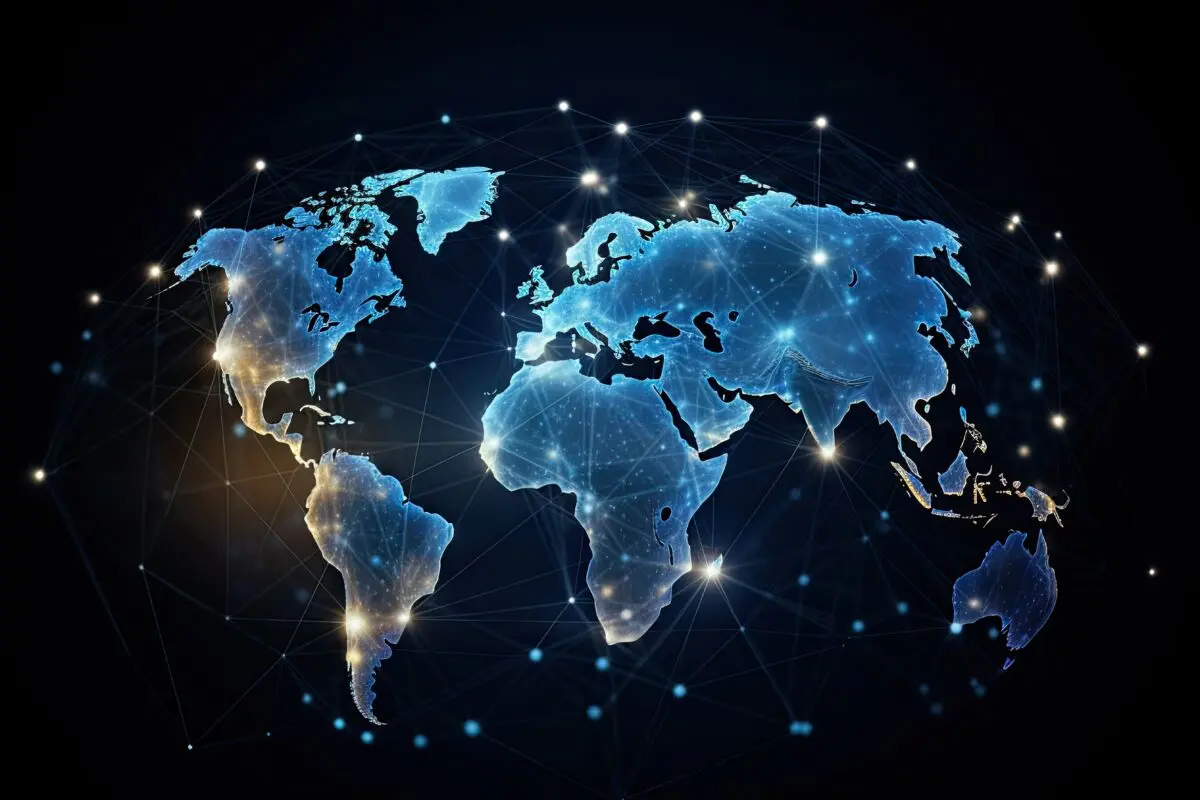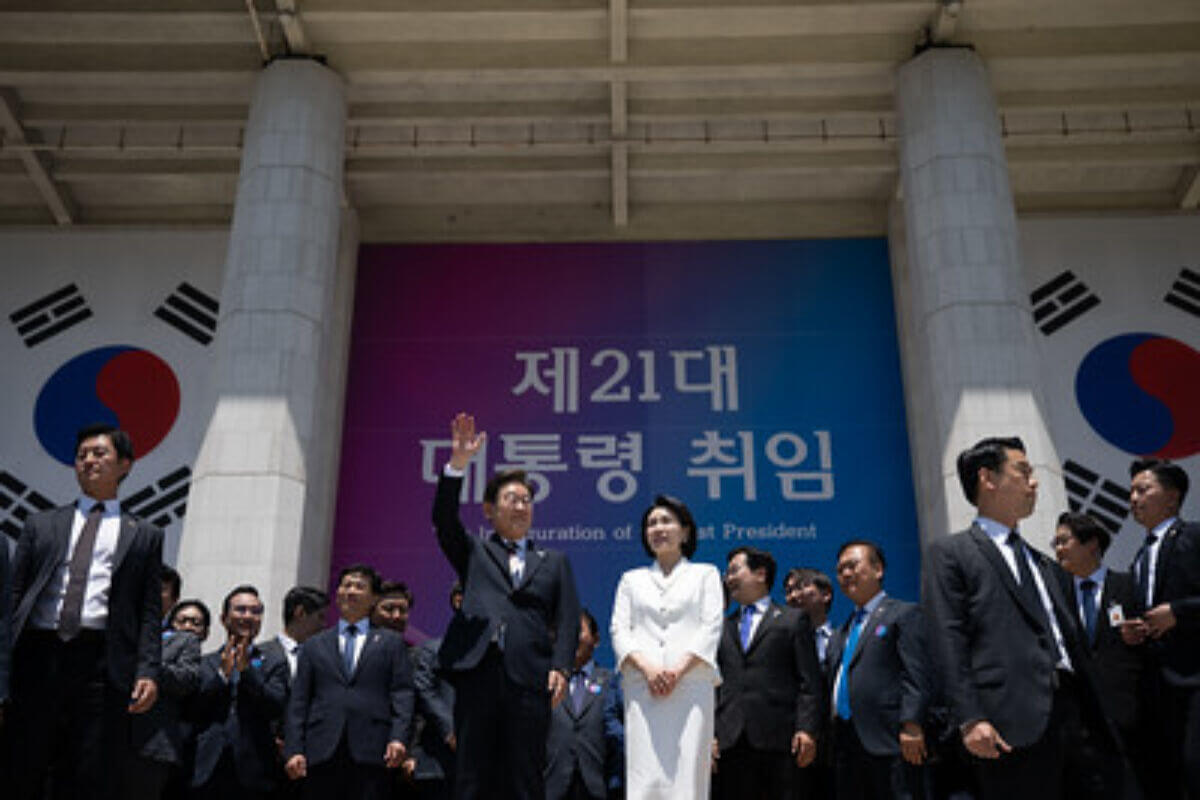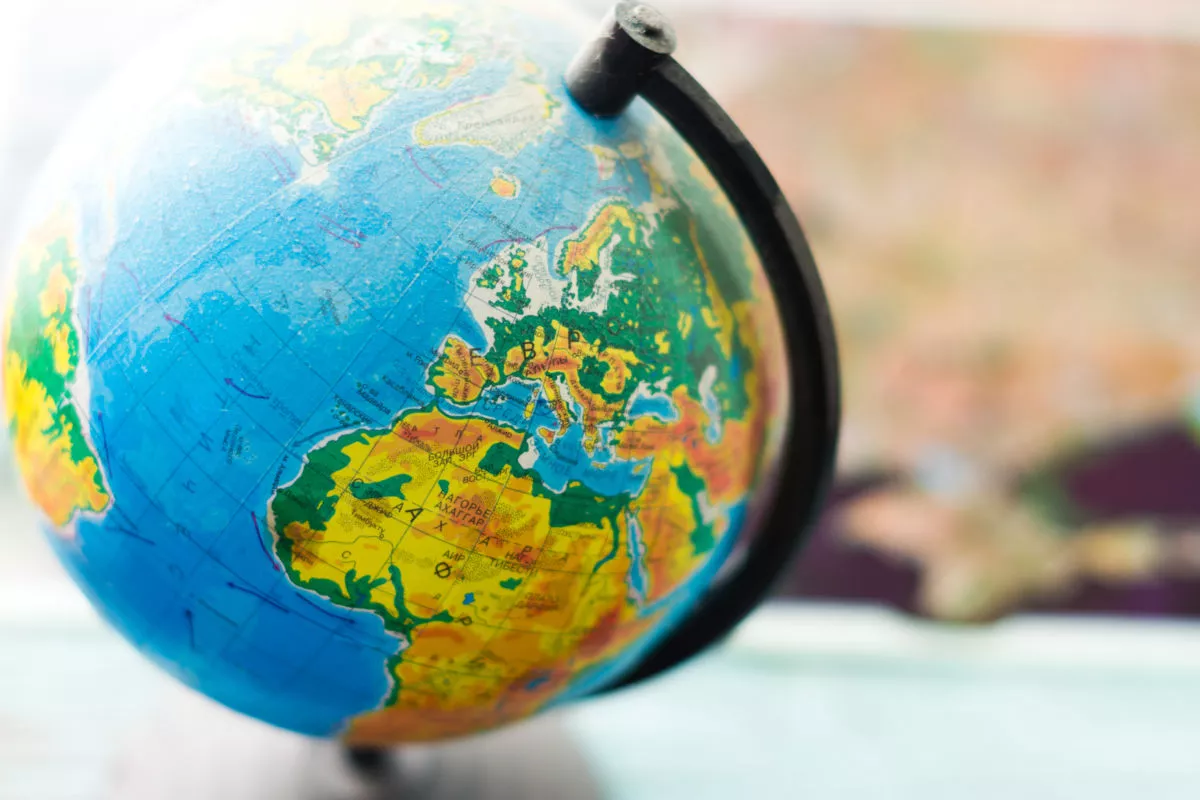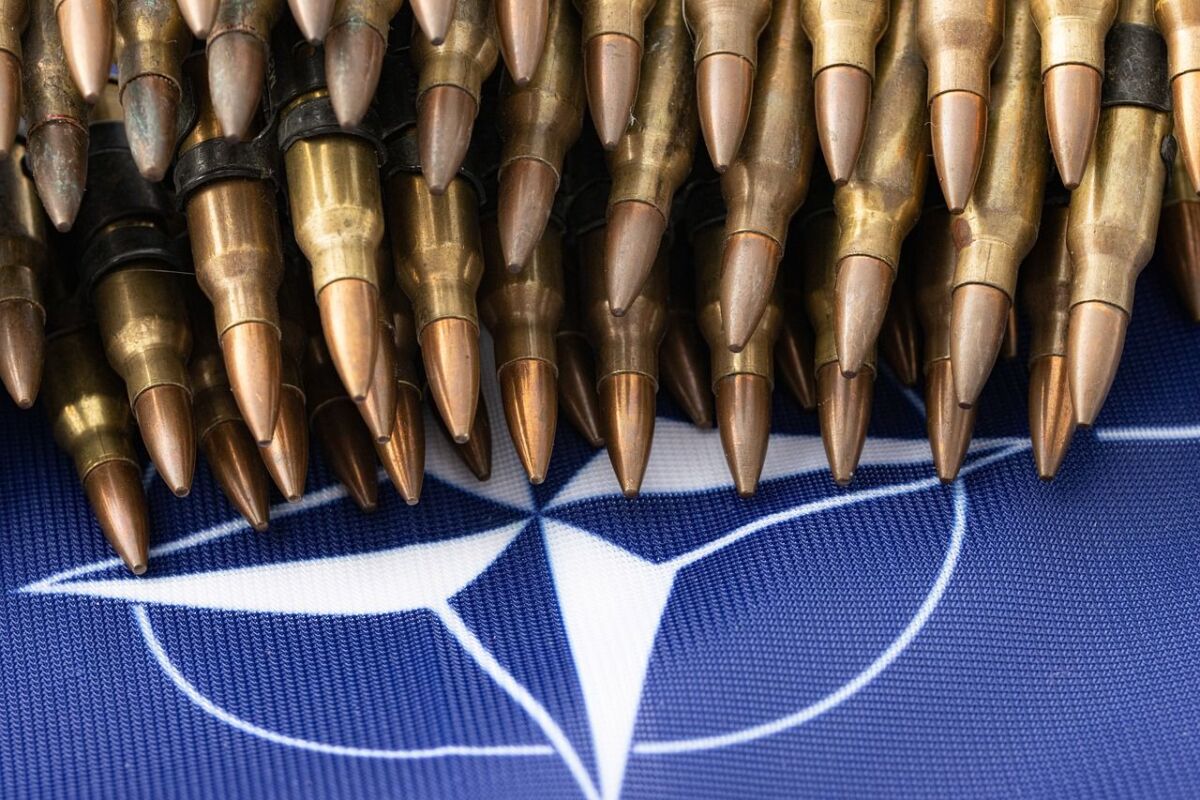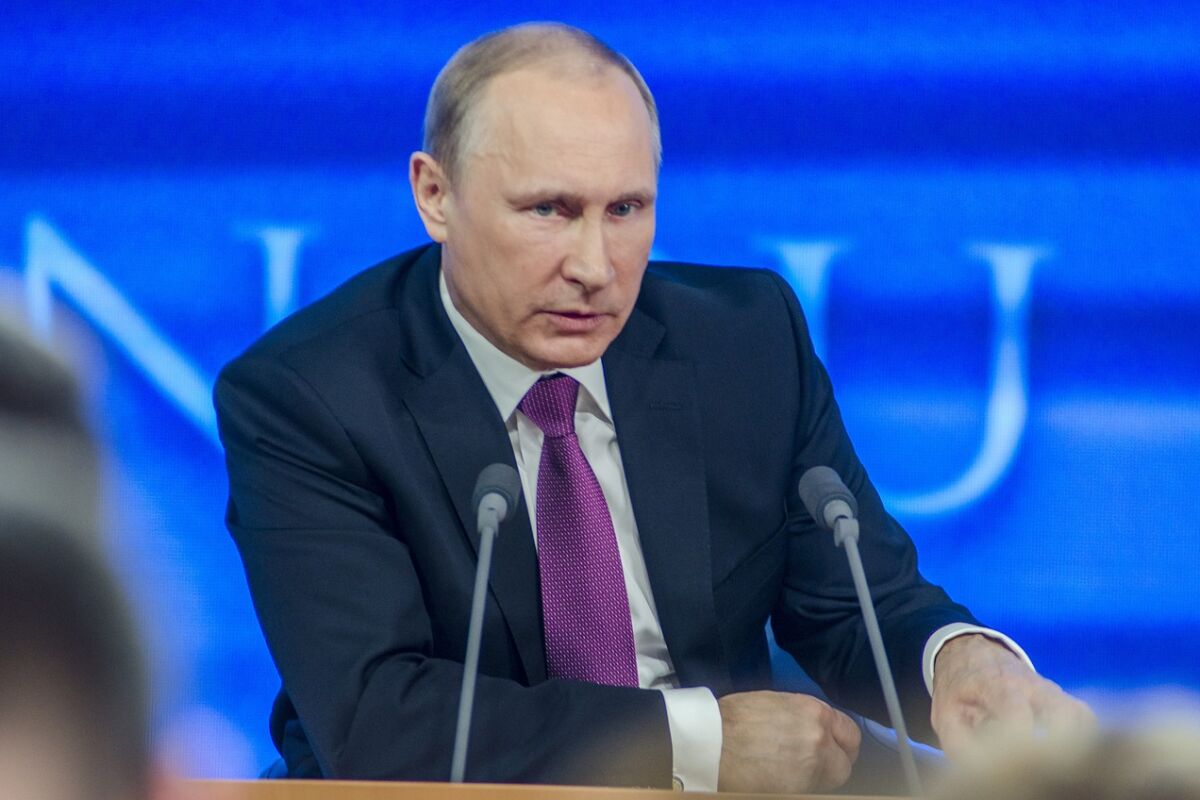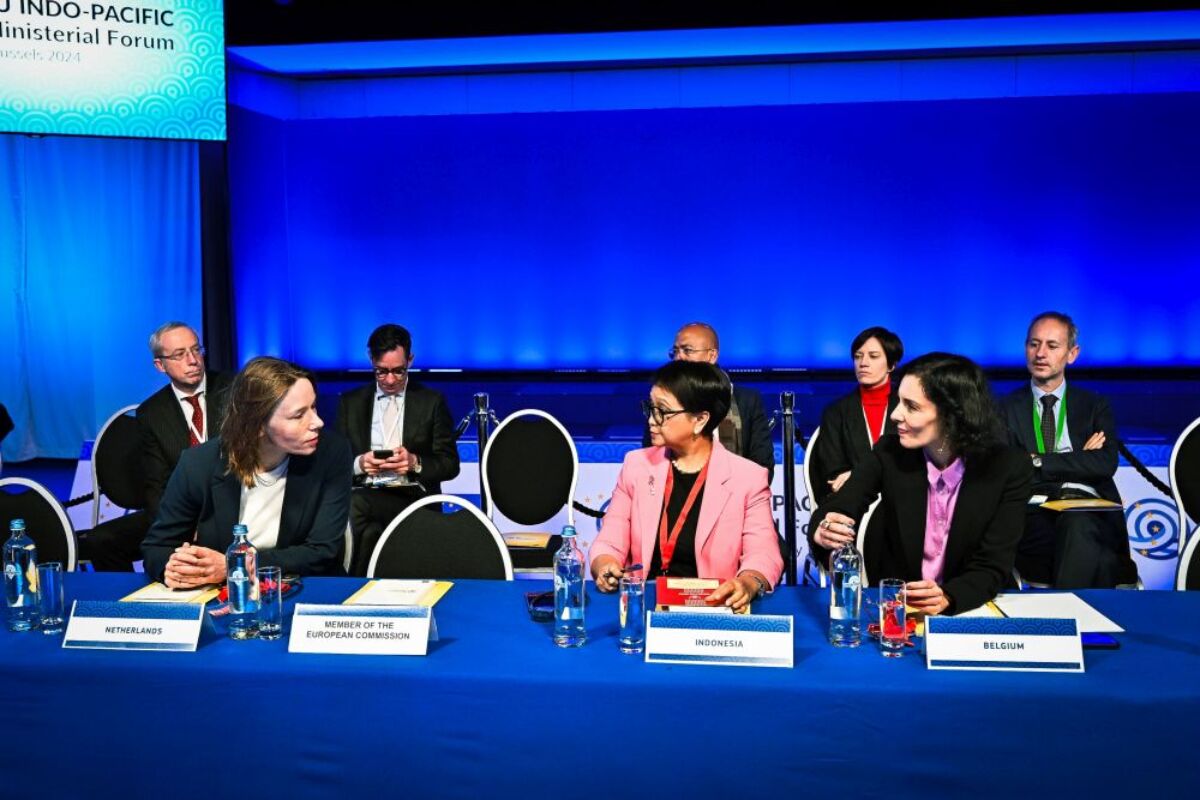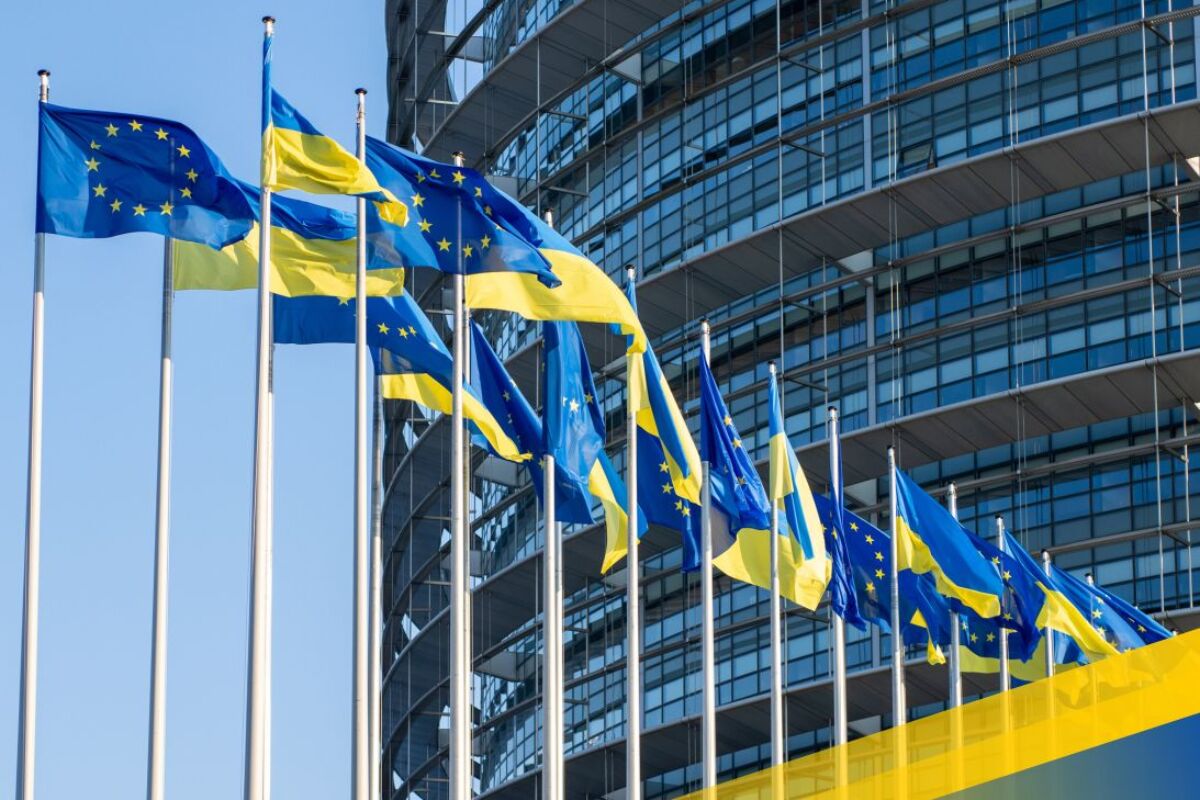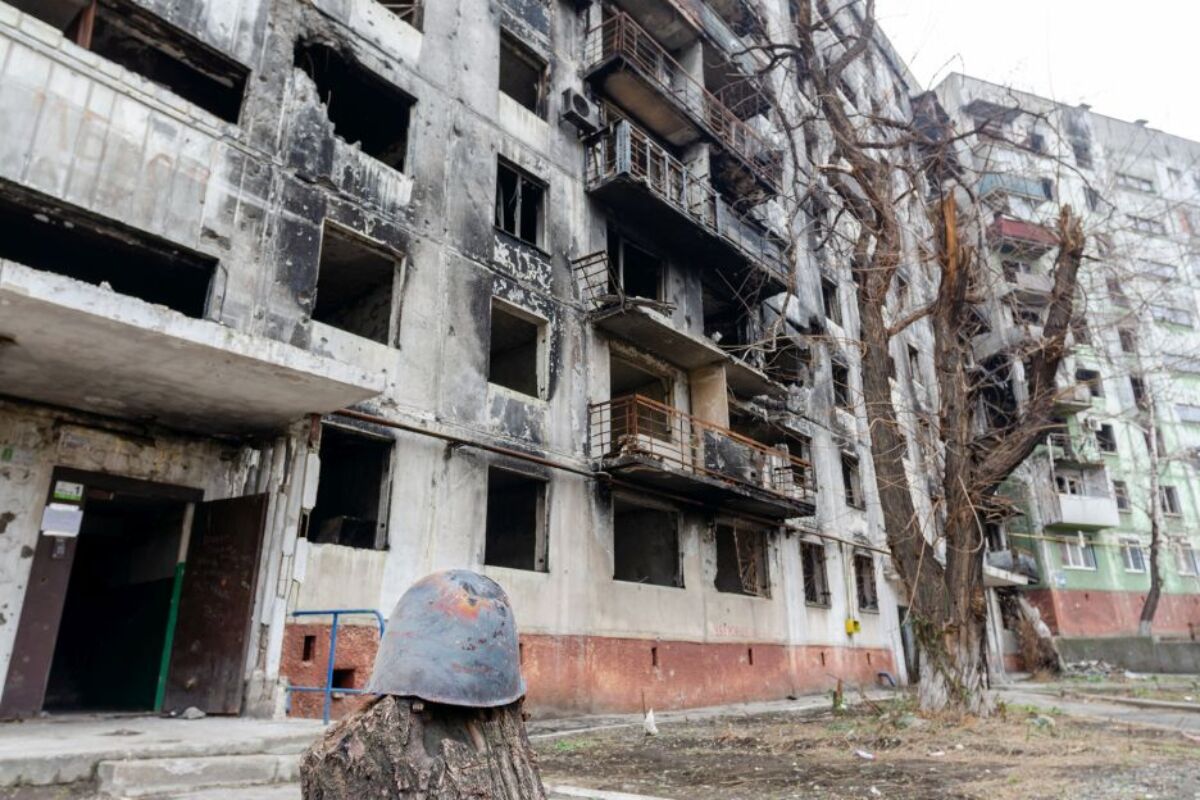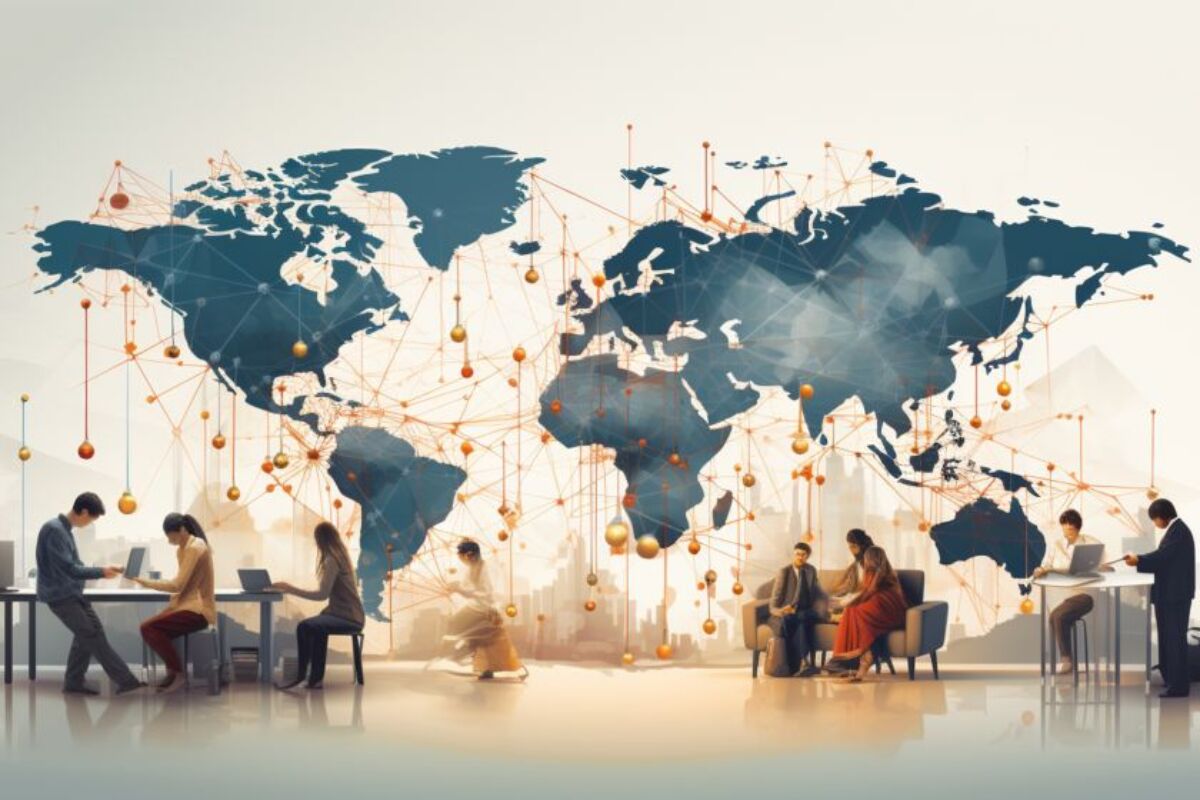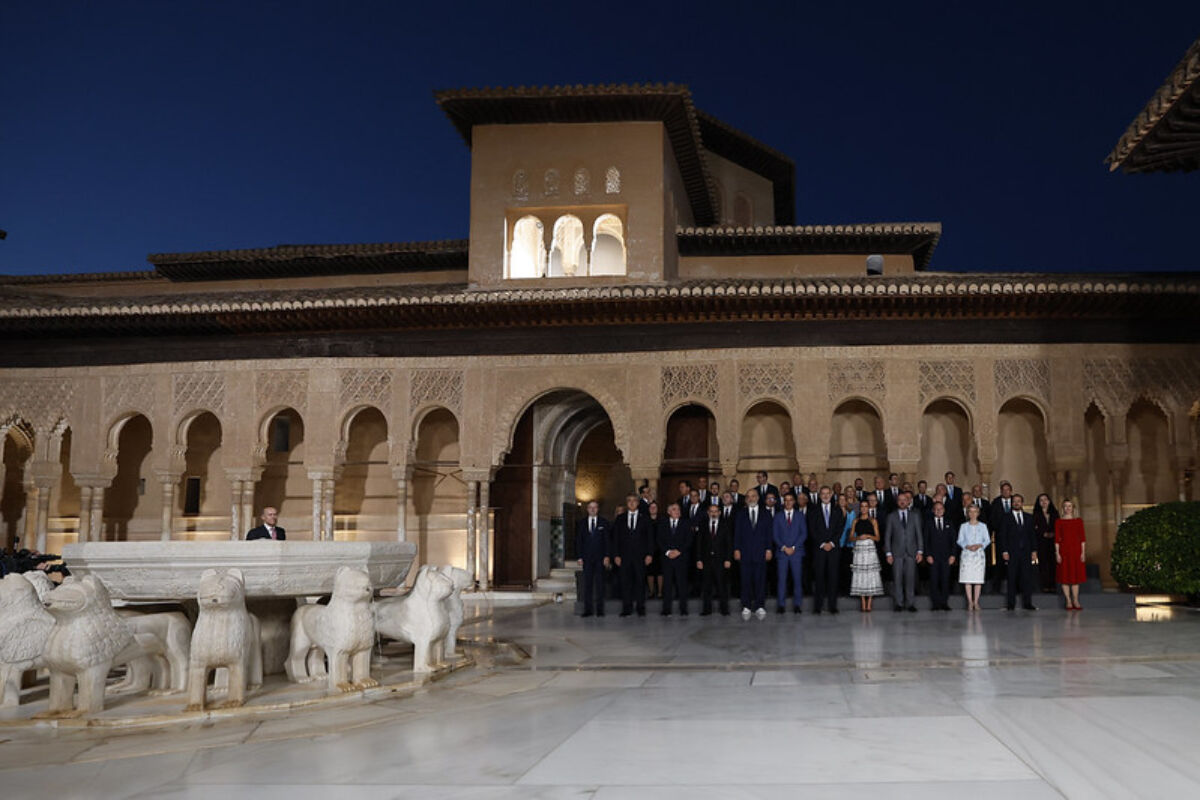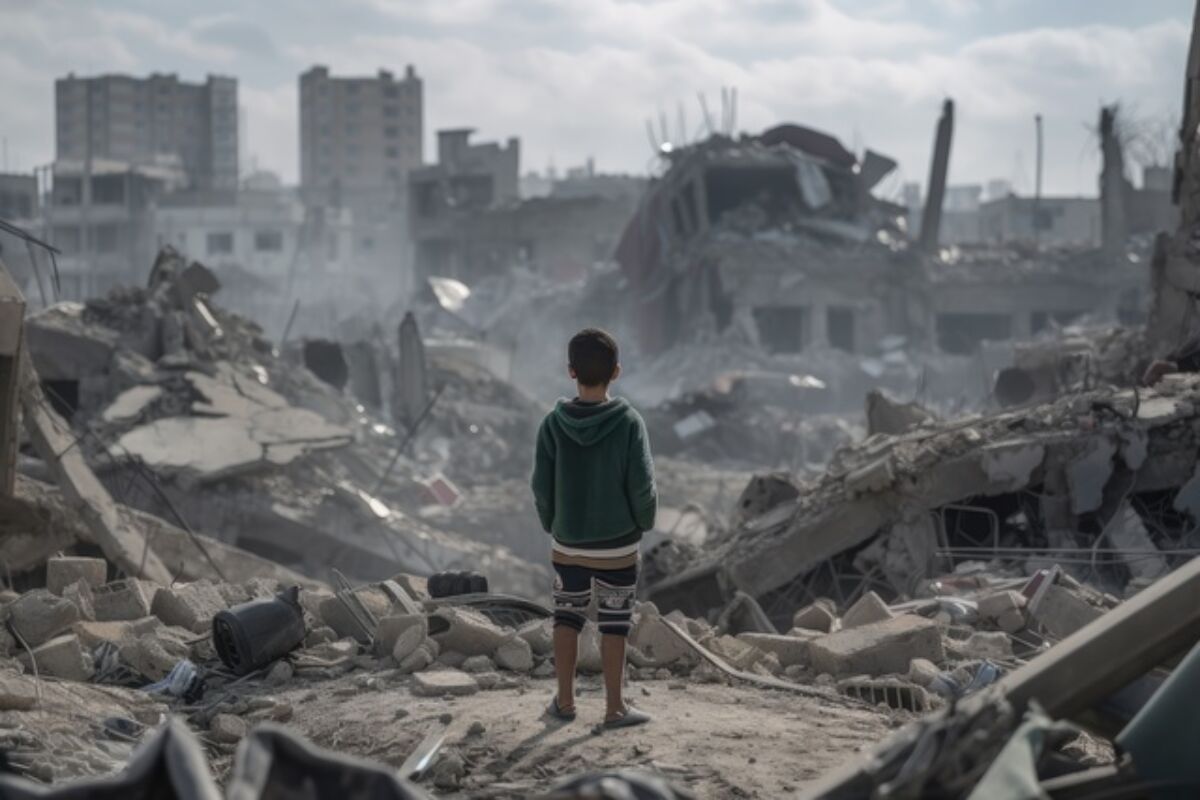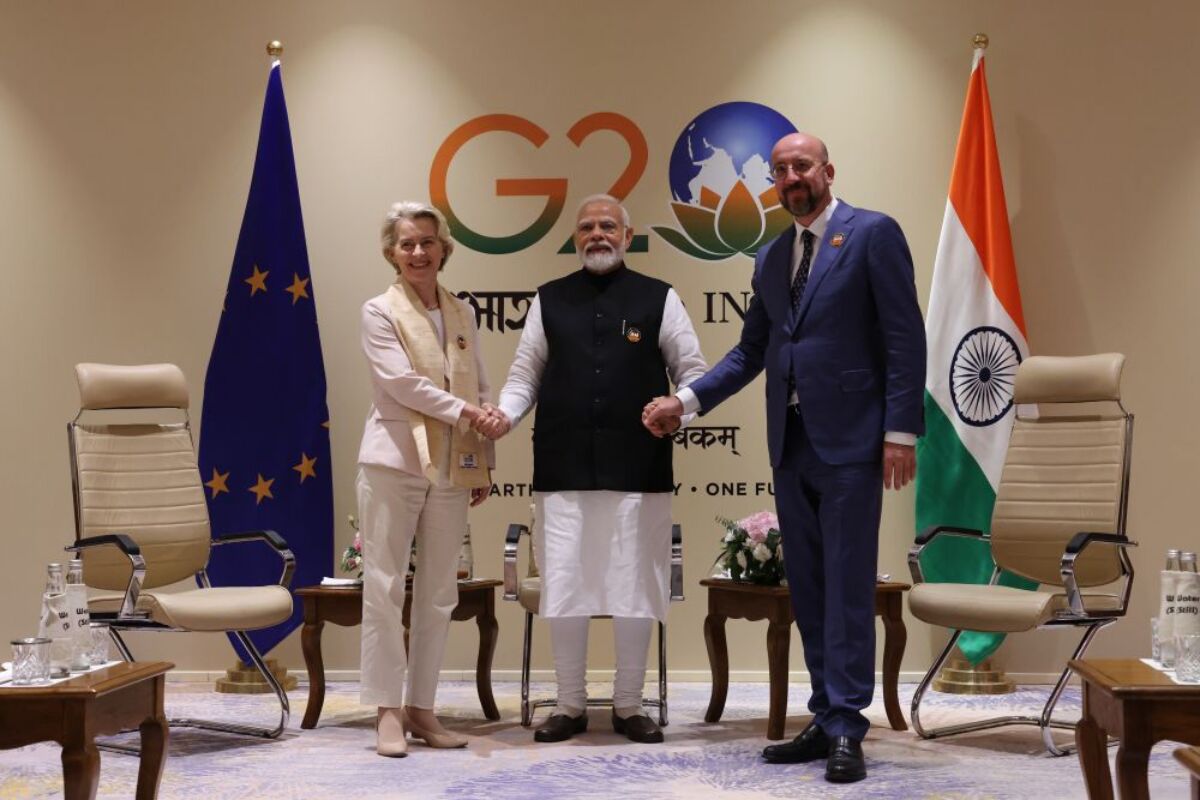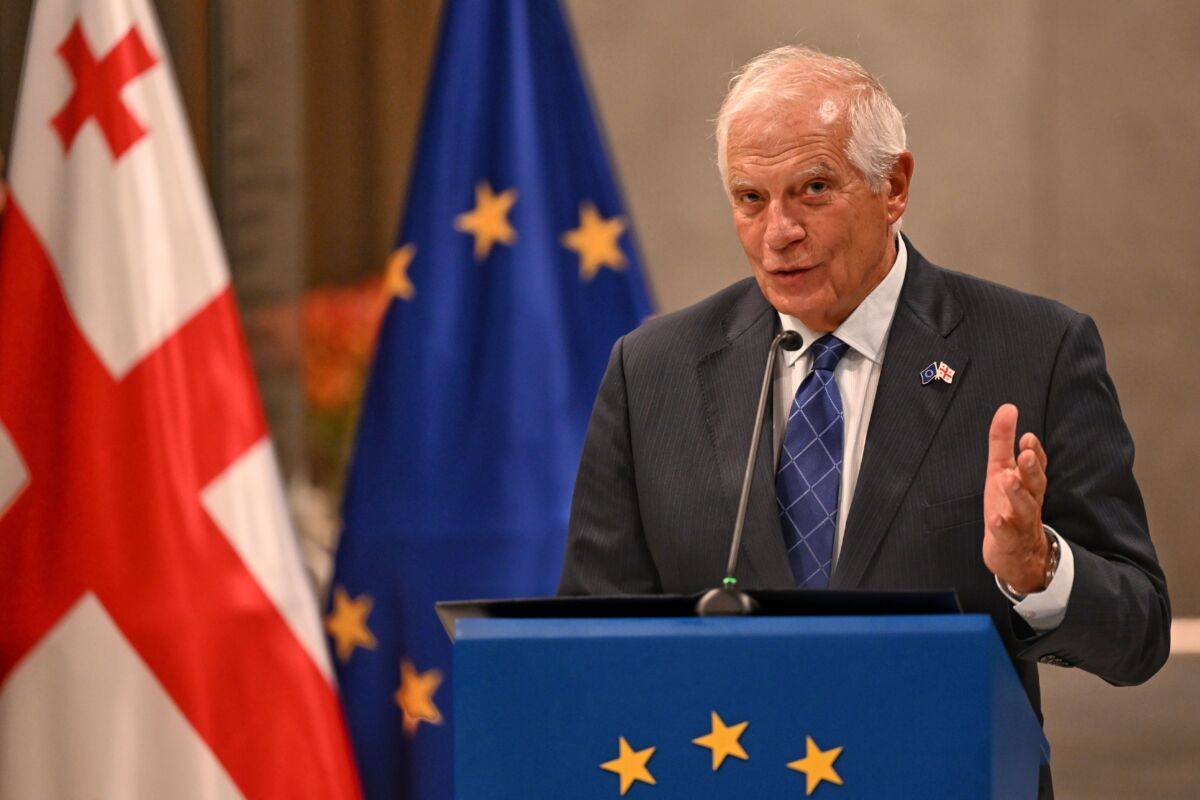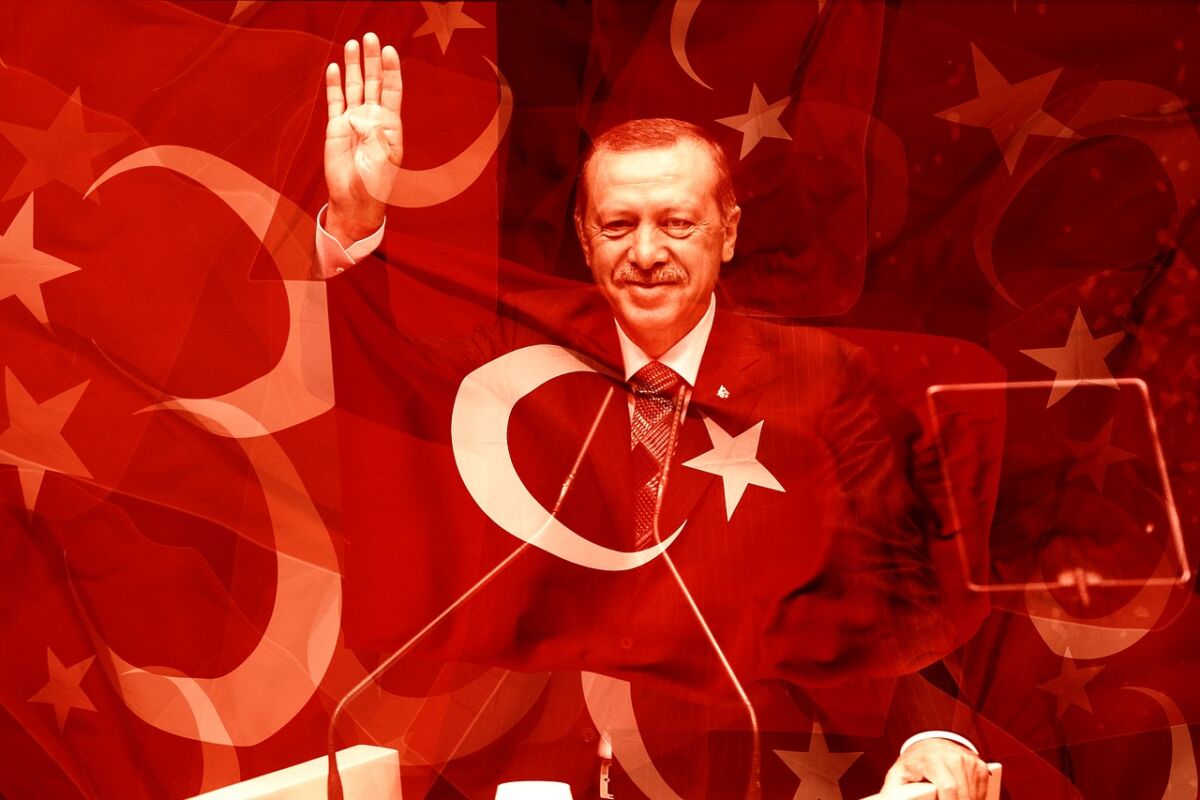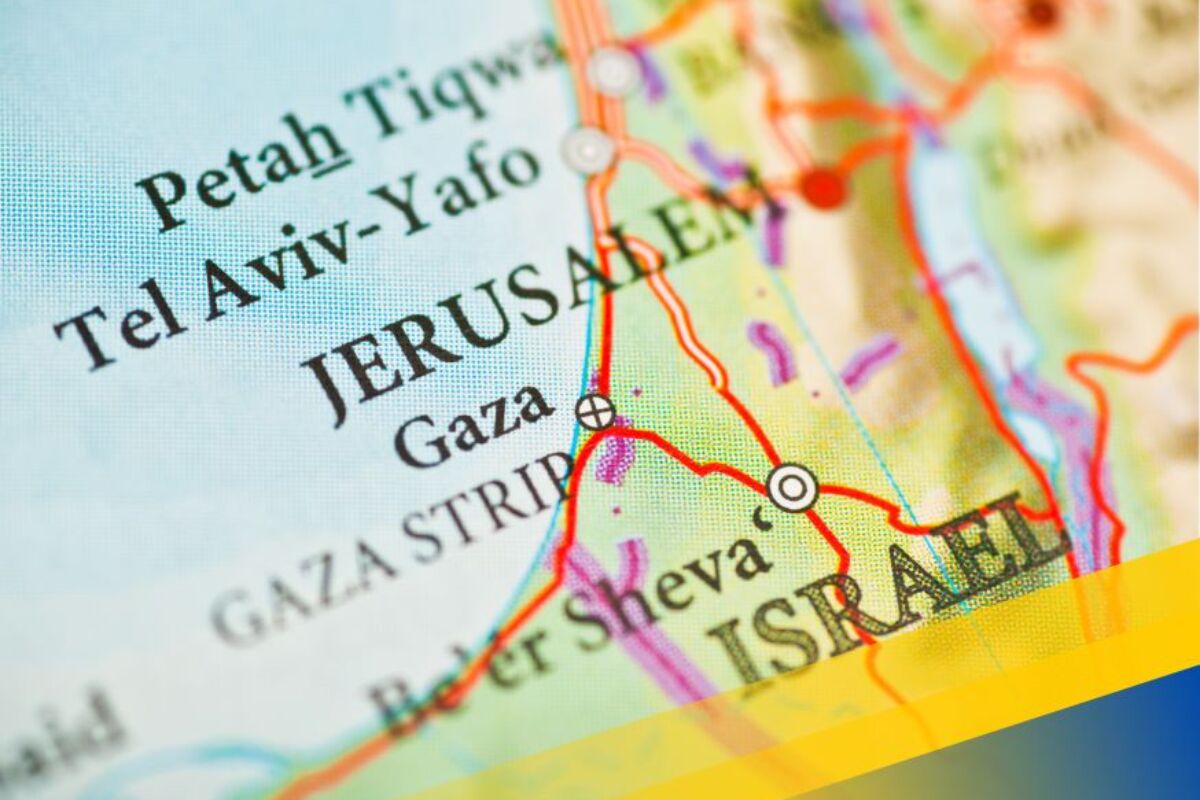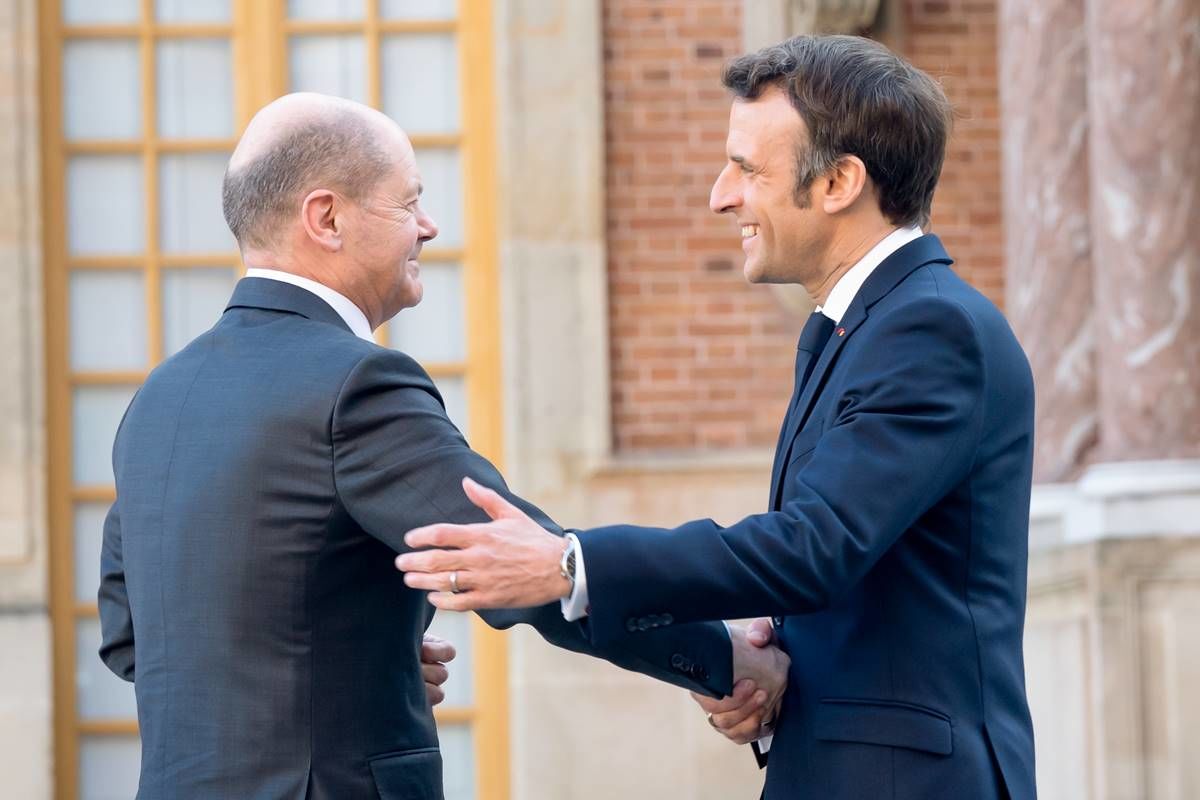At a time of fresh Arab uprisings (in Algeria, Iraq, Lebanon), the country that first sparked a wave of protests in 2011 went to the polls to elect a new president and a new parliament. In free and fair elections that were perceived as another triumph for Tunisia’s democratic process, the politically non-experienced jurist Kais Saied overwhelmingly won the presidential race in October, with 72% of the vote and 90% among young people. He has designated Habib Jemli, an independent considered to be close to the Ennahdha party, with the arduous task of forming a new government coalition out of a highly fragmented parliament.
Many see Saied’s victory – an outsider who rallied support on a platform of anti-corruption and integrity – as a sign that the ideas behind the Tunisia’s revolution are still alive. For the EU, the country’s number one international partner, his victory provides fertile ground to assess new ‘ways forward’ for its relationship with the region’s sole democracy. Rather than doing more, the EU should consider doing things differently, based on an equal democratic partnership. A more balanced EU-Tunisia relationship may in turn convince protesting people in the wider region that the EU can play a positive role in their struggles for justice.
A privileged neighbour for the EU
Given Tunisia’s pioneering role in 2011 and its pro-Europe stance, the country quickly gained importance for the EU and became ‘a privileged partner’ in 2012. Deeper economic integration via a new trade agreement (DCFTA or ALECA in French) and closer people-to-people relations rooted in a new mobility partnership were put on the agenda. While the mobility partnership was concluded in 2014, DCFTA negotiations have been effectively brought to a standstill due to strong civil society protest, especially regarding the removal of tariff barriers for agricultural goods and the opacity of the negotiations.
A number of years after the toppling of Ben Ali, initial EU optimism regarding ‘success story’ Tunisia started to falter. When a series of terrorist attacks (e.g. in Bardo, Sousse), political crises (e.g. the political murders of Chokri Belaïd and Mohamed Brahmi) and a deteriorating economy derailed the country from 2013 onwards, the EU gradually reframed its relationship in terms of security. The focus shifted from human rights and democracy towards border control, countering terrorism and tackling irregular migration. The new European Commission will no doubt put migration and the issue of readmissions even higher on the EU-Tunisia agenda.
Nonetheless, over the years, the EU has consistently remained Tunisia’s top donor and economic partner. Tunisia receives the highest levels of EU support per capita in the world. For the period 2014-2020, Tunisia will have received over €1.9 billion in aid (‘grants’) and €800 million in loans (‘macro-financial assistance’), with the most recent loan of €150 million having been disbursed only last October.
Jobs, social justice and dignity
In contrast to the 2014 elections, the stakes of this year’s parliamentary elections were no longer identity-based (should Tunisia’s future be secular or Islamist?) but more material (how to tackle socio-economic problems?). This is not surprising given that some core demands of the 2011 uprising – jobs, social justice, dignity – are still very much unfulfilled. Youth unemployment is almost at 35%, corruption and regional inequality between the rich coastal area and poor interior regions remain rife, the standard of living is deteriorating.
The previous Tunisian government, driven by consensus politics, did not take a bold stance to fix the economy and failed to create new jobs. At the same time, the imposed recipes of international donors like the World Bank, IMF and the EU have not worked so far. Adopting the same conditions as the IMF, the EU has been granting loans in return for a reduction of public sector jobs and wages, the cutting of government subsidies and the transformation of public enterprises, yet with little result so far.
While many Tunisians blame measures imposed by international financial institutions for hardening socio-economic conditions and fuelling social conflict, the EU questions Tunisia’s reluctance to implement necessary structural reforms, which results in a lack of ‘absorption capacity’ to make effective use of international money. Accordingly, while some Tunisians denounce neo-colonial practices on the part of the EU, EU officials hint at a simmering ‘Tunisia fatigue’ due to the country’s continuous economic underperformance.
Depending on the government coalition that should be formed in the coming months, the EU’s blueprint for economic reforms may well continue to be criticised and rejected. Although he did not really campaign on economic issues, the new president, who only has a constitutional mandate in foreign affairs and national defence, has spoken favourably about the social contracts of the 1960s and 1970s. He has advocated an important role for the state in providing basic social services and questioned externally imposed economic agendas. Similarly, many social movements and the country’s powerful labour union (UGTT) have resisted the conditions attached to EU loans and the current DCFTA negotiations.
EU officials realise that they will need to up their game to illustrate the advantages of EU financial support and what it considers a preferential trade agreement for Tunisia, since many Tunisians do not seem so convinced about the benefits. However, the EU may also want to reconsider how it can support Tunisia while preserving Tunisia’s democratic sovereignty in the realm of the economy. While it makes sense that international loans come with strings attached in the form of, for example, interest rates (which are favourably low in the case of Tunisia), it is more debatable whether they should a priori impose the type of (austerity) measures that the country should adopt.
New trust between citizens and politicians
This signals the need for a more balanced EU-Tunisia partnership that is firmly rooted in a mutual commitment to democratic governance. In words that echo similar challenges in Europe, Kais Saied pointed out during his inaugural speech in parliament that “the [Tunisian] people are in need for a new trust relationship between rulers and citizens”. Indeed, the last Arab Barometer survey highlights that while Tunisians have not given up on democracy – in fact they are even more supportive of democracy than at the time of the revolution – they do distrust their elected leaders for failing to deliver.
The new president has himself called since 2011 for a radically different democratic system that is much more decentralised, based on elected local councils that in turn choose regional and national representatives. In his system, constituents would have more direct ways to hold parliamentarians to account. While Saied does not have a mandate in domestic policy, and will therefore need the support of parliament for his proposals, his ideas resonate with discussions about democratic innovations that are taking place these days in Europe.
These types of ideas, which also circulate among Tunisian civil society and social movements, illustrate the need to go beyond standard EU democracy support and funding for the country. With European democracies having experienced a legitimacy crisis in recent years, the one-way export of the EU democracy model does not make sense. Instead, the EU needs to seize opportunities to exchange experiences and reflect with non-European, pro-democratic partners like Tunisia about injecting more deliberative capacity into existing models of representative democracy.
As has been argued elsewhere by Ken Godfrey and Richard Youngs, this could be done by setting up an annual high-level conference on democracy, where pro-democratic heads of state, like Kais Saied, and pro-democratic civil society activists from around the world convene to discuss joint challenges and new democratic innovations. Such exchanges, rooted in solidarity and transcending north-south divisions, may not only nurture the development of democratic models that contribute to greater social justice, but also advance the democratic agenda globally by framing democracy as a credible alternative to increasingly popular authoritarian rule.
Tunisia as an inspiration for the region?
This is especially opportune at a time when Arab peoples are again rising up against a lack of good governance and socio-economic injustices. Even though the EU and its new Neighbourhood Commissioner increasingly hail Morocco as a frontrunner and model for the region, especially since the last association council in June, Tunisia is the only country in the southern neighbourhood to have made credible strides towards an institutional democracy and political freedoms. While much depends on its political class and their ways of navigating the country’s economic crisis, Tunisia’s experience, however imperfect, resonates with those protesting in the Arab streets today – protests that are likely to repeat themselves for decades to come, if the demands of the people are not met.
If the EU wishes to continue to play a role in the region that is in line with its founding values, supporting Tunisia’s success is the way forward. Rather than merely injecting more money into the country, the Union should engage in an equal democratic partnership that allows ordinary Tunisians and Tunisian youth to decide their future, both politically and economically.



